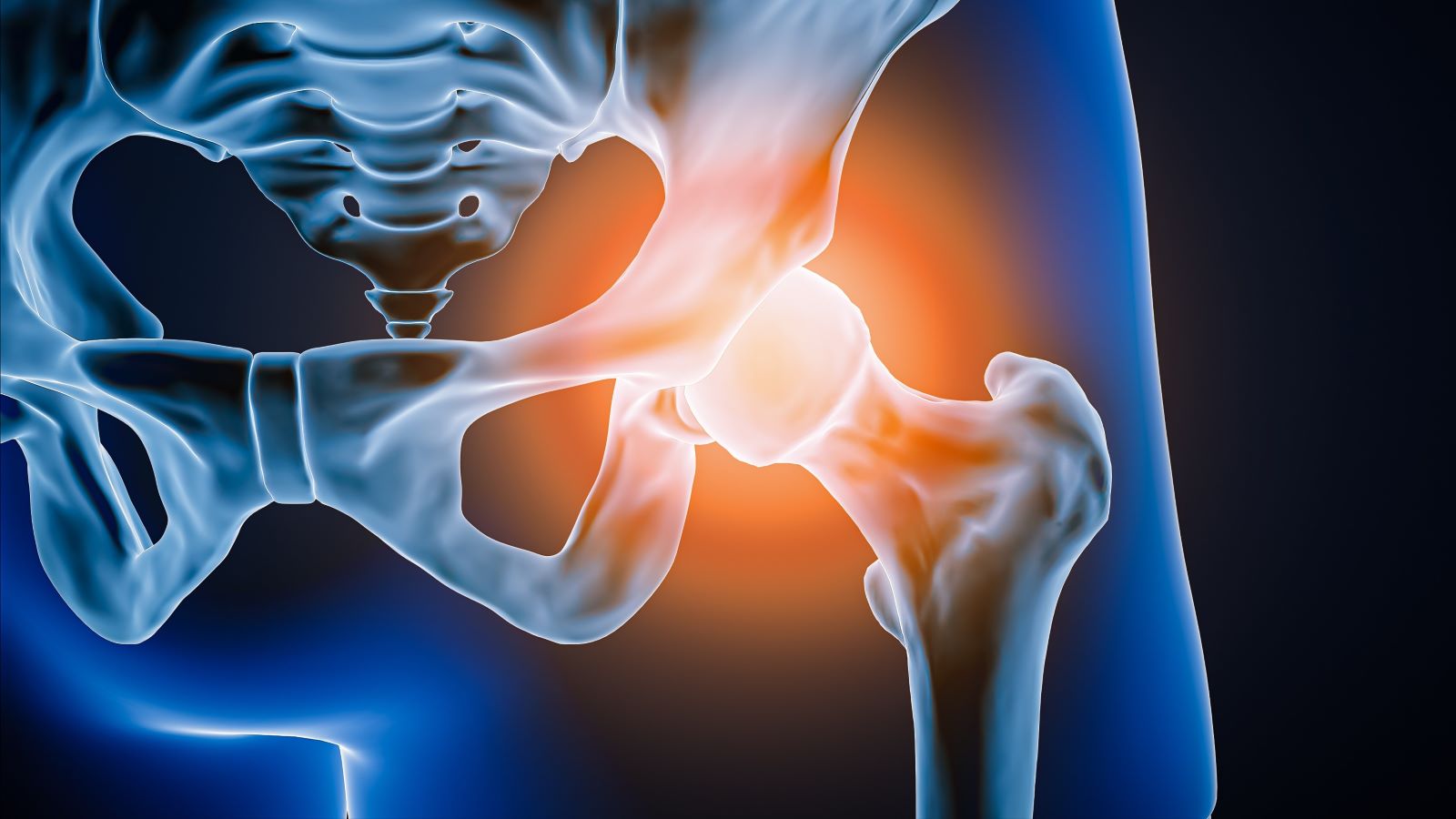<< Back
What Not to Do After Hip Replacement Surgery

February 28, 2024
Hip replacement surgery can help get back to your favorite activities. And how soon you can resume your routine often depends on you.
To help you have the most successful recovery possible, Donald Allen, MD, an orthopedic surgeon at the Hartford HealthCare Bone & Joint Institute, shares advice on what NOT to do after hip replacement surgery.
1. Don’t be stagnant
Most people start walking within a day of hip replacement surgery – and you should!
“I like to tell people to walk every hour or two,” says Dr. Allen. “It doesn’t need to be a far distance. It can be short, and the goal is to get moving.”
Walking has powerful benefits:
- Helps prevent blood clots or Deep Vein Thrombosis (DVT).
- Strengthens the hips.
- Helps prevent pneumonia and other conditions.
“Moving after hip replacement surgery is what we stress to patients the most,” explains Dr. Allen. “Not only does walking help prevent these medical complications, but it’s also the best way to progress your recovery.”
2. Don’t ignore precautions
While Dr. Allen says many patients don’t have restrictions after hip replacement surgery, some do.
“There may be certain individual precautions based on your surgeon and approach,” he says.
This list may include things like:
- Don’t bend your hip past 90 degrees.
- Don’t internally rotate.
- Don’t cross your legs or ankles.
- Don’t sit in a chair where your hip is lower than your knee.
“It’s very important to adhere to the precautions your therapist and surgeon taught you,” Dr. Allen says. “These individualized instructions help prevent a dislocation.”
> Related: Which Type of Hip Replacement Is Right for Me?
3. Don’t forget to plan ahead
Dr. Allen encourages you to think about recovery before surgery day.
Here are a few ways to set yourself up for success:
- Have someone with you for a few days post-op.
- Clear the clutter in your house to minimize fall hazards.
- If you’re not in a single-level space, consider moving your bed downstairs as you heal.
4. Don’t attempt high-impact activities
While moving after surgery is good, jumping right back onto the tennis or pickleball court isn’t advisable.
“Even if you’re feeling up to it, you shouldn’t do anything high-impact for the first 6 to 10 weeks,” says Dr. Allen. “The way the implants work is the bone must grow into them, and we don’t want to disturb that process.”
Dr. Allen shares a general recovery timeline:
- Post-op – 2 weeks: Some elements of pain and swelling are normal, and pain is manageable with medication. You will mostly walk around your house during this time.
- 2+ weeks: You will likely get out of the house more and do more things.
- 6+ weeks: You will likely be back to almost all activities.
- 3+ months: You will likely be ready for sporting-type activities or hikes on uneven surfaces.
“There’s certainly a bell curve to recovery,” adds Dr. Allen. “Some people are quicker than others, and some take a little bit longer.”
5. Don’t fall
This one seems obvious, but it’s a big one.
“The guidance we give here is based on patient age,” says Dr. Allen. “Whether it’s an assistive device for a few days or an individualized plan focused on age and balance, we want to help prevent falls.”
6. Don’t forget your doctor is your best resource
Listen to your body as you heal.
Here are a few signs you may need more immediate medical attention:
- Wound drainage
- Persistent fevers
- Chest pain or shortness of breath
What if you have questions or you’re unsure about something?
“Don’t be scared to contact us,” answers Dr. Allen. “If you have concerns or questions, we want to know. We are here to help you have a successful hip replacement recovery.”